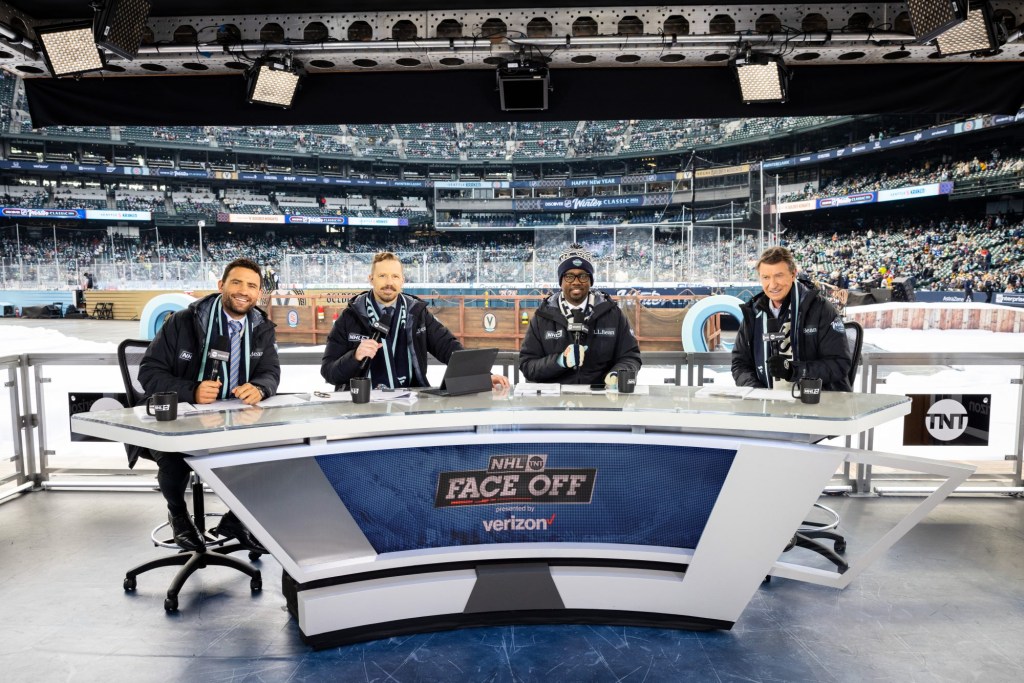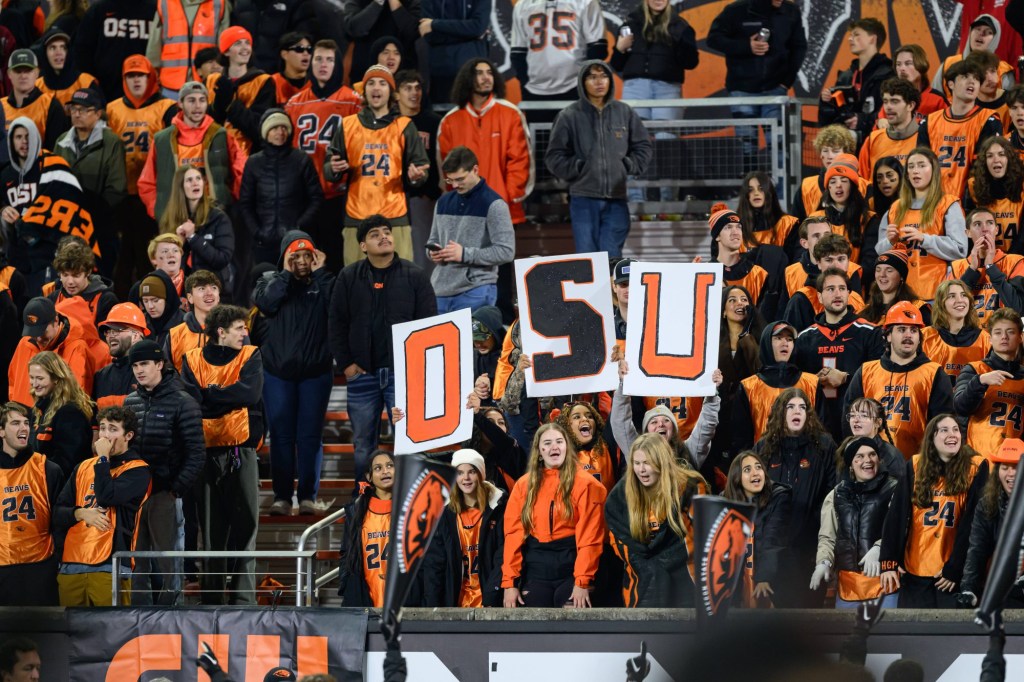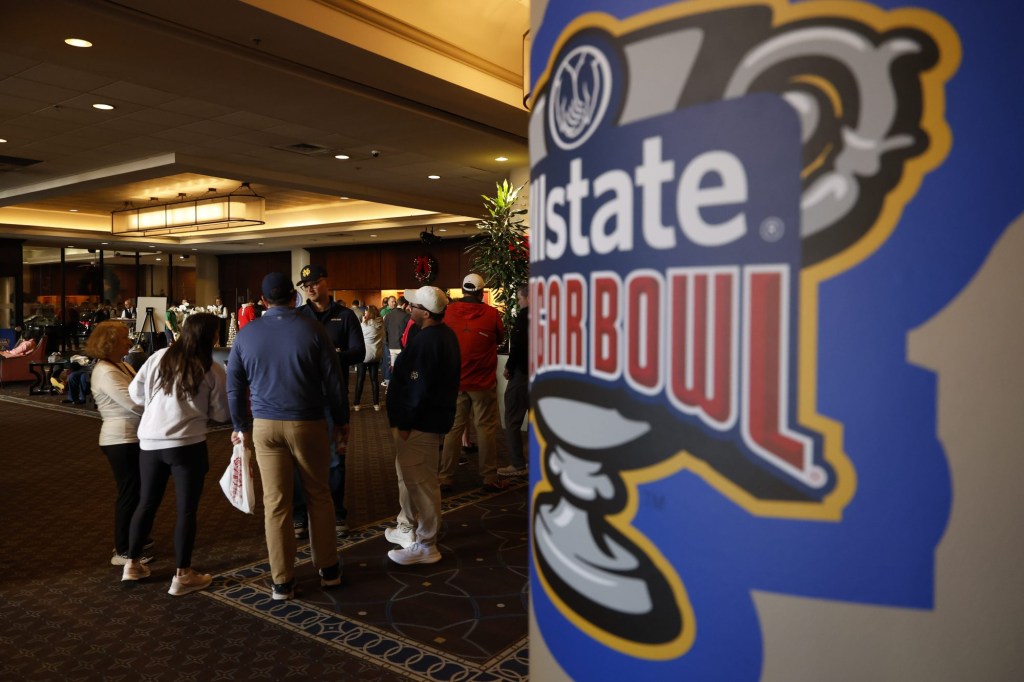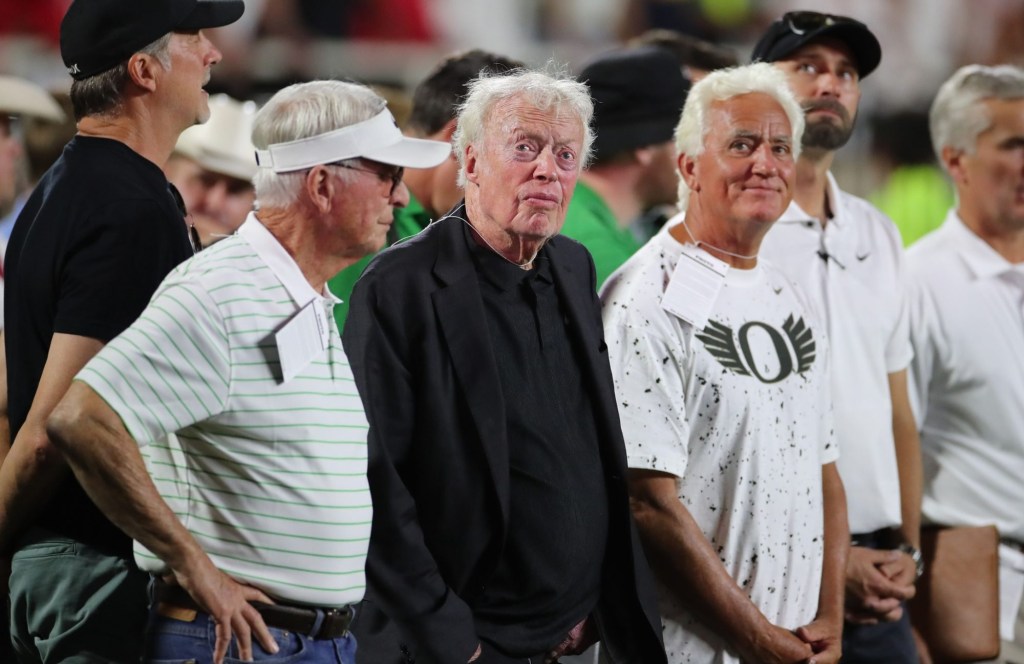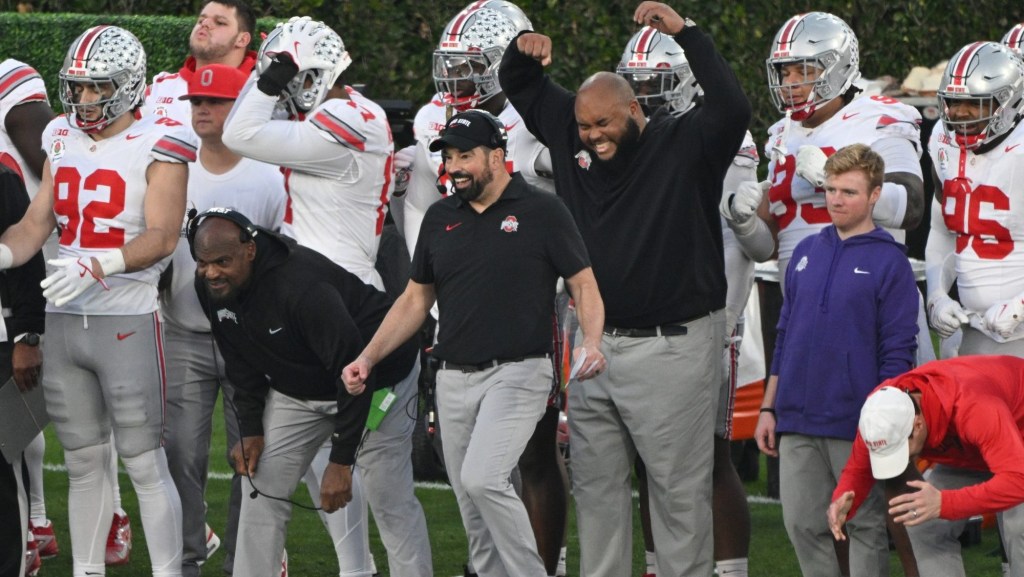Last week, Congress passed a bill that would have prevented athletes at military service academies, like Army’s Andre Carter II, from delaying service to enter pro sports drafts. But after a week of controversy, the linebacker will be able to pursue his NFL Draft dreams after all.
Since 2019, athletes have been able to defer their required years of service to play professional sports, which paved the way for Carter to enter the 2023 Draft. He’s slated to be a top-25 pick — the highest for an Army player since the 1940s.
But the bill passed last week stated that “the cadet may not obtain employment, including as a professional athlete, until after completing the cadet’s commissioned service obligation.”
Carter not only would have lost a clear path for his immediate future, but also a contract of at least $14 million as a top-25 pick, according to Spotrac’s projections.
This is hardly a rampant issue — there are currently only eight academy graduates on NFL rosters — but Carter drew national attention as a coveted prospect.
The bill, ready for President Joe Biden’s signature, caused Carter’s family to voice their discontent in an ESPN story published late last week. The outlet says the story drew the attention of federal lawmakers, too.
On Tuesday, lawmakers added language in a 2023 omnibus bill to allow current upperclassmen at service academies to enter pro drafts.
Specifically, the text of the new bill says the rule only applies to athletes who enrolled on or after June 1, 2021 — so Carter is in the clear.
“Thank you to the members of Congress who stepped up, spoke out and worked expeditiously in support of Andre and other service academy cadets and midshipmen who made decisions in reliance on the 2019 policy allowing deferral of service,” Carter’s parents, Melissa and Andre, told ESPN. “The goodness we saw in people this past week will forever be imprinted upon us.”
The fix is short-term, however — underclassmen and future athletes in Army, Navy, and Air Force would still be barred from delaying service. It’s unclear whether public outcry will push Capitol Hill to create more loopholes in the future.








